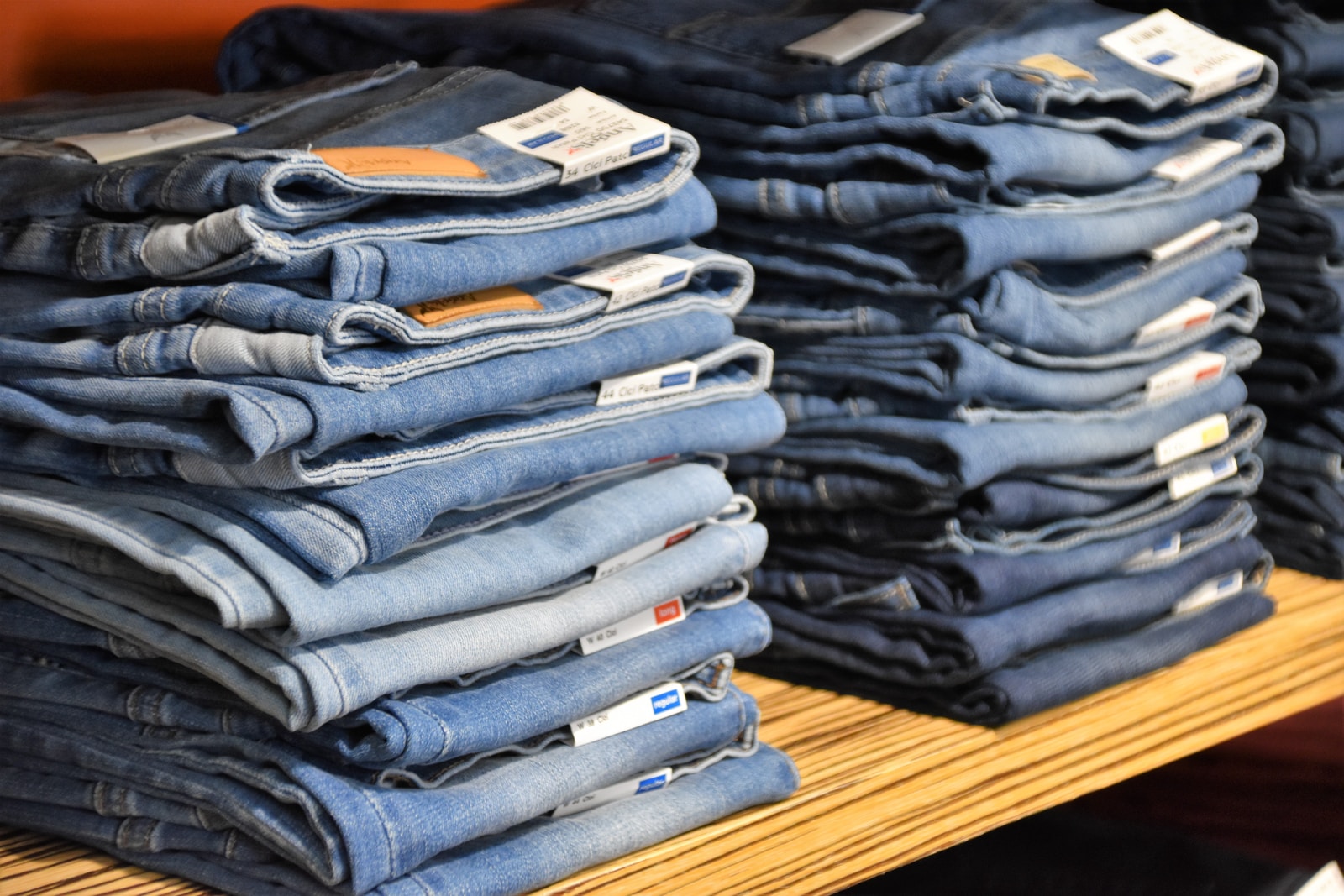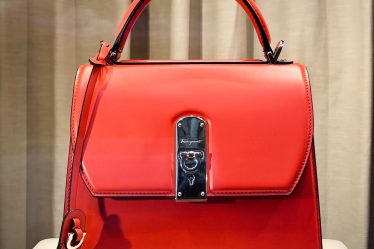
In the aftermath of the pandemic, denim industries have seen huge increases in youth-oriented denim apparel demand around the globe. Counterfeiters are able to capture the same surges in demand.
Counterfeiting to Denim Jeans is an old relation, where renowned brands like Diesel have taken significant steps by destroying thousands of counterfeit denim products worldwide.
Diesel reported that it had penalized 1,244 websites for selling counterfeit goods a year prior to the pandemic. It also filed 2,838 cases against trademark infringement and removed 4,901 fake advertisements about the promotion and sale of counterfeit denim.

The increasing popularity of trendy apparel among youth is a major reason counterfeiters are able to make fake denim. The sales of counterfeits are also driven by the availability of a wide range of colors and shades, as well as visibility on social media and eCommerce platforms.
Brands have also made use of their creative brains to reduce the sales of fake denim and increase awareness. Diesel decided to strike a smart response against counterfeits and fakers, and opened a tongue-in-cheek denim shop with the label “Deisel” on the front and clothing inside. People from the street noticed the misspelling and realized how counterfeiters could trick them into buying fakes.
Business Wire predicts that the premium jeans market will grow by 3.53 Billion dollars between 2020 and 2024. The prevailing opportunity and fierce competition among brands have led to right-holders seeking innovative ways to attract eco-conscious customers. Fabrics that are not only denim-like but also have sportswear functions like UV protection, thermoregulation, and moisture regulation are being developed by brands. Diesel, an Italian denim brand, has introduced hybrid denim jeans. These jeans have the same characteristics as jersey material, but look like premium denim.
This innovative and premium-quality denim have led to counterfeiters taking a backseat while they wait for technological advances that will disrupt the fake market.
Brands are increasingly accepting wealth, social status, fashion sense, and social acceptance. This has led to collaboration with unorthodox but fitting partners.
These collaborative partners include logistics companies that can help denim brands detect fake parcels that have been disguised to imitate authentic brands’ signatures.
These collaborations will enable both logistics companies and brands to identify counterfeit packages in supply chains.



